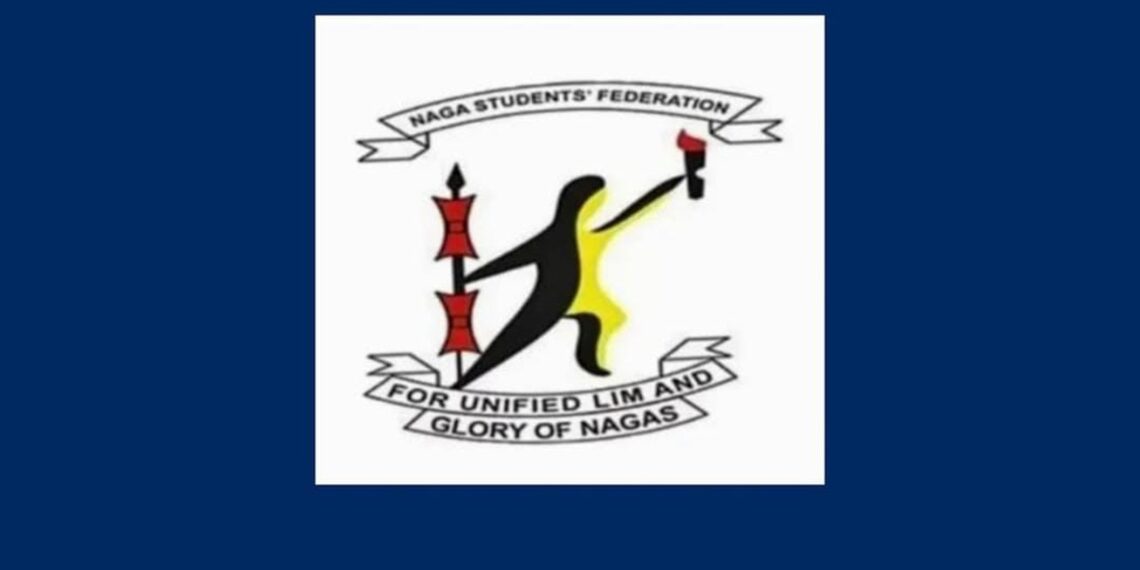Kohima: The Naga Students’ Federation (NSF) has called for a stricter implementation of the Inner Line Permit (ILP) to address growing threats to the socio-economic and political fabric of the indigenous Naga population.
In a press conference, NSF President Medovi Rhi and Inner Line Regulation Commission (ILRC) Chairman N.S.N. Lotha highlighted concerns over the unchecked influx of non-Naga individuals and the resulting encroachment on local resources.
The NSF submitted a memorandum to Chief Secretary J. Alam, emphasising the historical significance of the Bengal Eastern Frontier Regulation (BEFR) of 1873.
The regulation, designed to safeguard the identity and existence of Nagaland’s indigenous communities, mandates that anyone entering the state, whether Indian citizen or foreigner, must obtain an ILP as prescribed by the state government.
Expressing alarm over economic dominance by non-Nagas, the NSF warned that this trend could undermine local livelihoods and influence political processes, including funding during elections.
While acknowledging the state’s openness to outsiders, the organisation stressed the need for adherence to state laws to preserve the integrity of the indigenous population.
ALSO READ: Assam to promote women workforce at Tata Semiconductor Facility: Himanta
The NSF criticised the current implementation of the BEFR as inadequate compared to neighbouring Mizoram, which it described as more stringent.
The organisation argued that Nagaland’s facilitative approach has contributed to a significant influx of non-indigenous people, posing threats to Naga identity, land ownership, and traditional livelihoods.
In its memorandum, the NSF urged the Nagaland government to act decisively, warning that the indigenous population risks becoming a minority in its homeland without immediate corrective measures.















